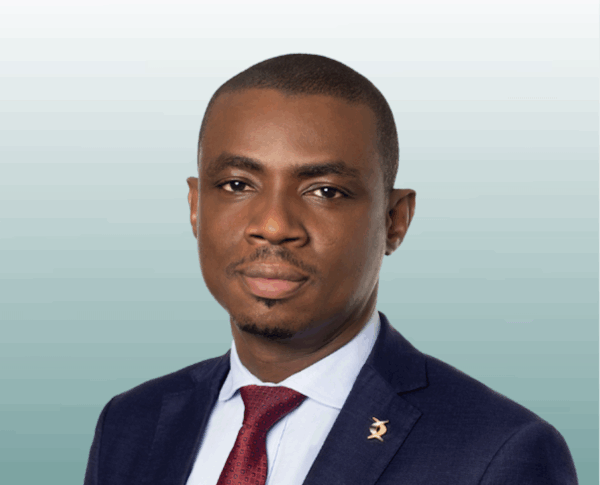With a strategy focused on financial education, digital innovation, expanding product offerings, and advocating for tax and regulatory reforms, NSIA Asset Management aims to play a leading role in mobilizing African savings and directing them towards the real economy. This is what its CEO, Franck Olivier Diagou, stated on November 4, 2025, on the sidelines of the fifth edition of the Africa Financial Summit (AFIS). Interview.
AFIS 2025 has emphasized the mobilization of African savings. What initiatives is NSIA Asset Management preparing to accelerate the mobilization of local savings, especially among the middle class, SMEs, and institutional investors?
The first initiative – and arguably the most important – is communication and financial education. It is essential to position mutual funds as a modern, secure, and profitable savings tool that everyone should integrate into their wealth strategy. At NSIA Asset Management, we have launched a strategic financial education plan accompanied by our mobile application NSI Invest, which allows for account opening, subscription, portfolio tracking, and performance monitoring independently. We are about to establish partnerships with fintech companies in Côte d’Ivoire, as well as in Benin and Senegal, such as Djamo (partnership in Côte d’Ivoire and Senegal), to enable simple subscription via mobile money. The idea is clear: to reach out to savers, especially the youth and the middle class. These partnerships are part of a strategy to make our products more accessible and thus reduce barriers.
Africa has abundant but underutilized savings. How do you explain this paradox?
The first obstacle is the low profitability of traditional financial products. When returns are insufficient, savers prefer to invest in trade, real estate, or the informal sector, where they believe they can achieve quicker gains. Our role is therefore to offer more competitive products that can compete with these alternatives. If we can deliver returns two, three, or four times higher than bank deposits, savings will naturally shift towards financial markets. Furthermore, accessibility is crucial: enabling investment via mobile money, small amounts, in a simple and instantaneous manner. If a student can invest 1000 or 2,000 CFA francs from their phone with the potential for higher returns, the choice becomes obvious. But this also requires education: explaining diversification, income stabilization, long-term horizon. Many say to us, “If I invest in buying a container, I will earn more.” That’s true – but not without risk.
What reforms do you recommend to strengthen financial intermediation and attract more capital?
The first reform concerns tax incentives. Governments must understand that asset managers finance a significant part of the economy, just like banks. Long-term savings products should benefit from attractive tax treatment. Furthermore, innovation in products is necessary: offering thematic, sectoral, real estate funds tailored to different investor profiles. We are working with regulators on real estate funds (FCPI), which are in high demand. Lastly, regional tax harmonization is necessary to avoid distortions between countries, especially within the UEMOA.
What role can asset managers play in financing infrastructure?
Our ambition is to direct domestic savings towards structuring projects: energy, digital, health, transport. Infrastructure funds, green funds, and private equity are essential tools for this. We are working to create products that allow citizens to invest in their economy without requiring significant capital. It is a win-win model: the investor benefits from a return and the country develops.
Finally, how do you reconcile prudence, returns, and financial inclusion? And what role do new instruments play?
New thematic funds, green funds, sukuk, and real estate vehicles offer alternative channels to reduce risk and expose investors to diverse asset classes. We also advocate for the introduction of derivatives, essential for hedging market risks and improving the depth of the regional financial market. They are still lacking today – limiting the sophistication and resilience of portfolios. Our vision is simple: diversify, secure, democratize investment.


